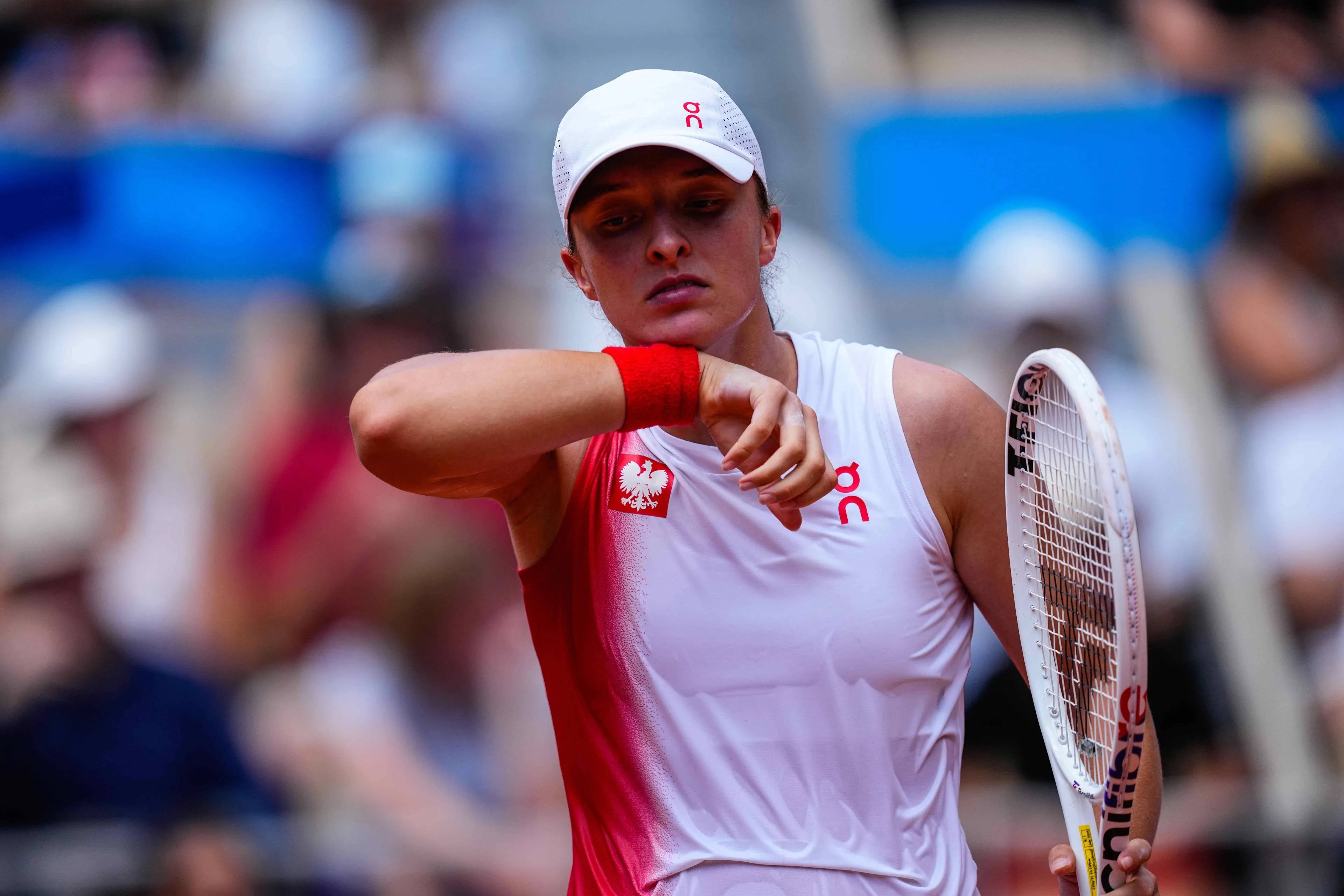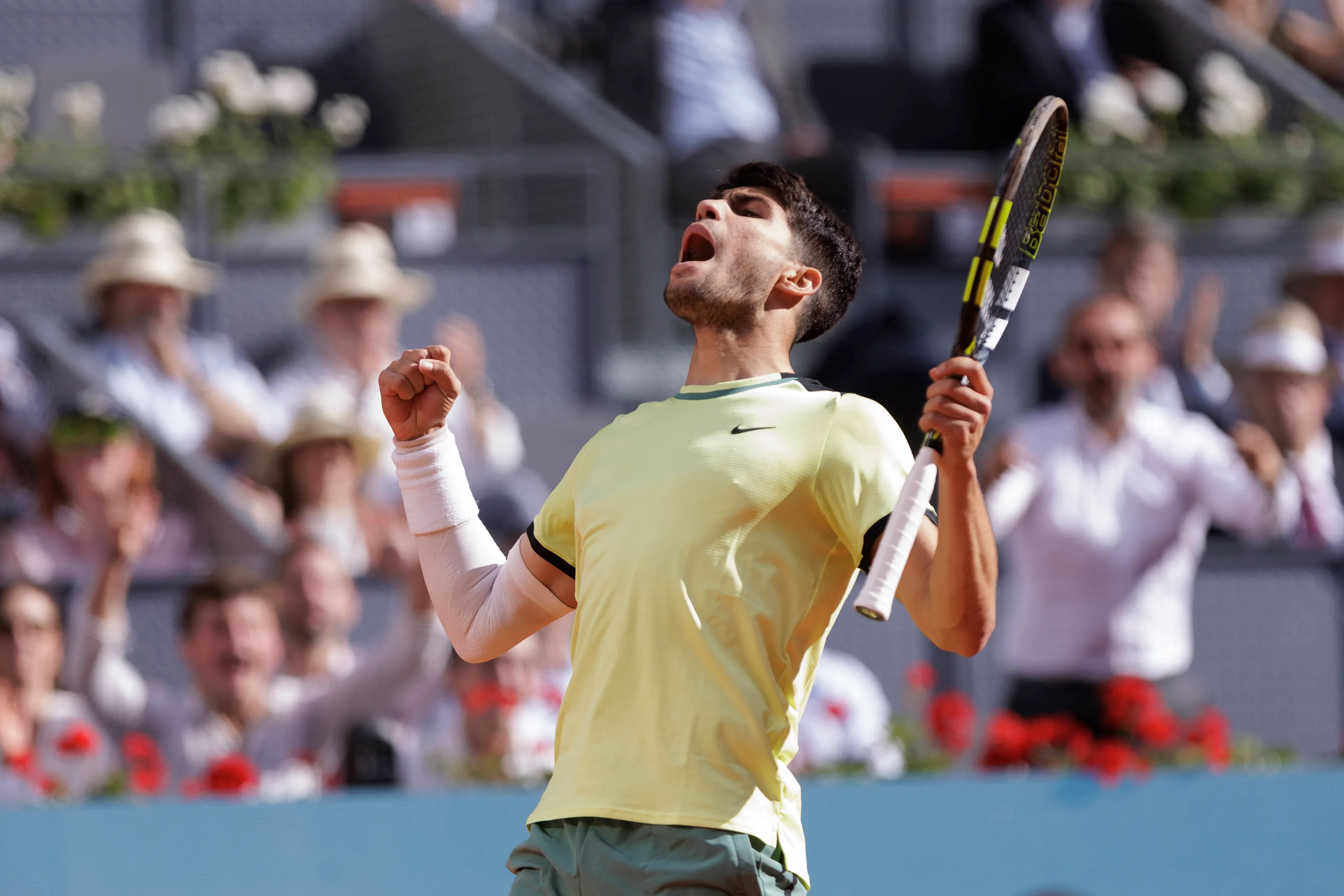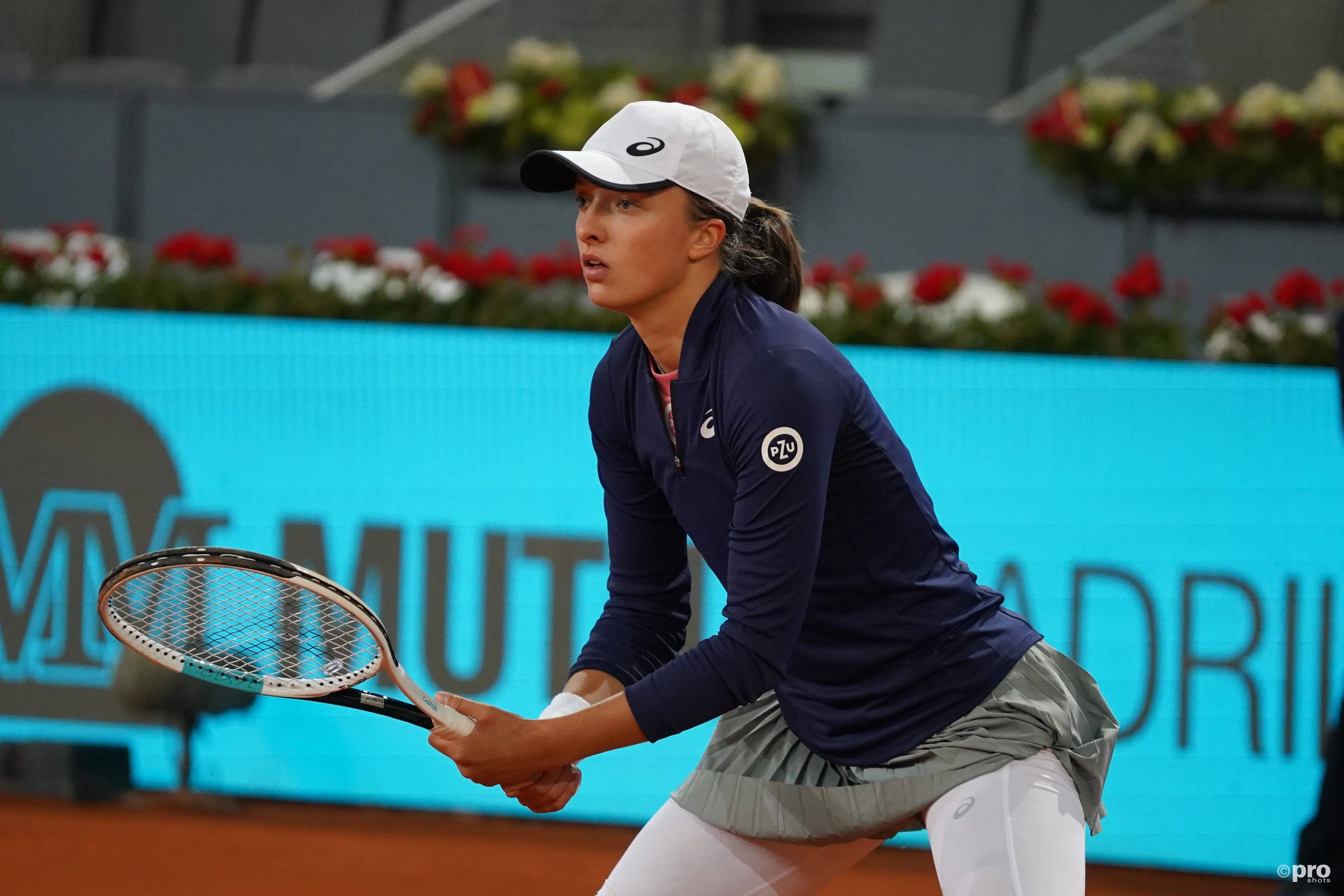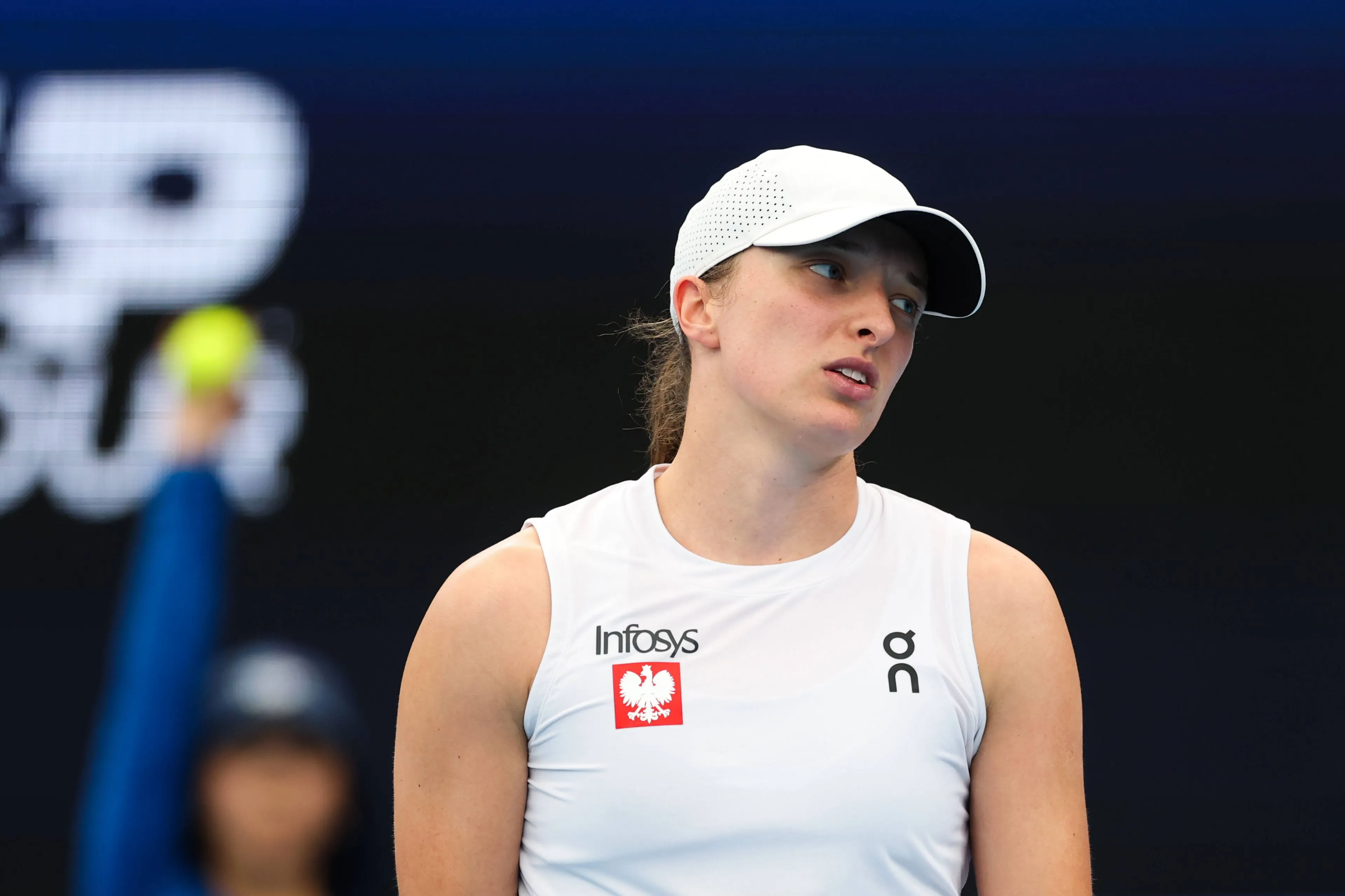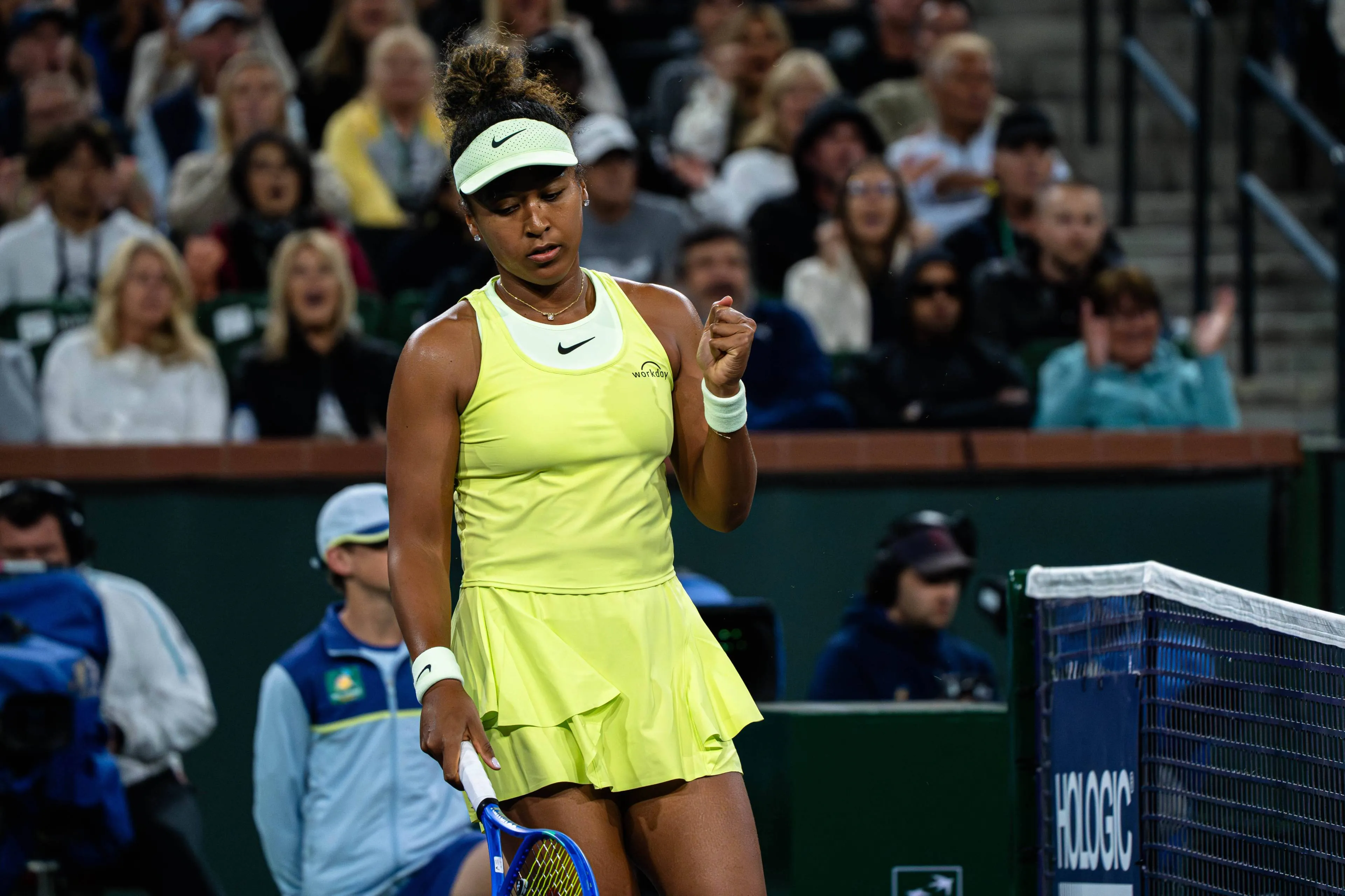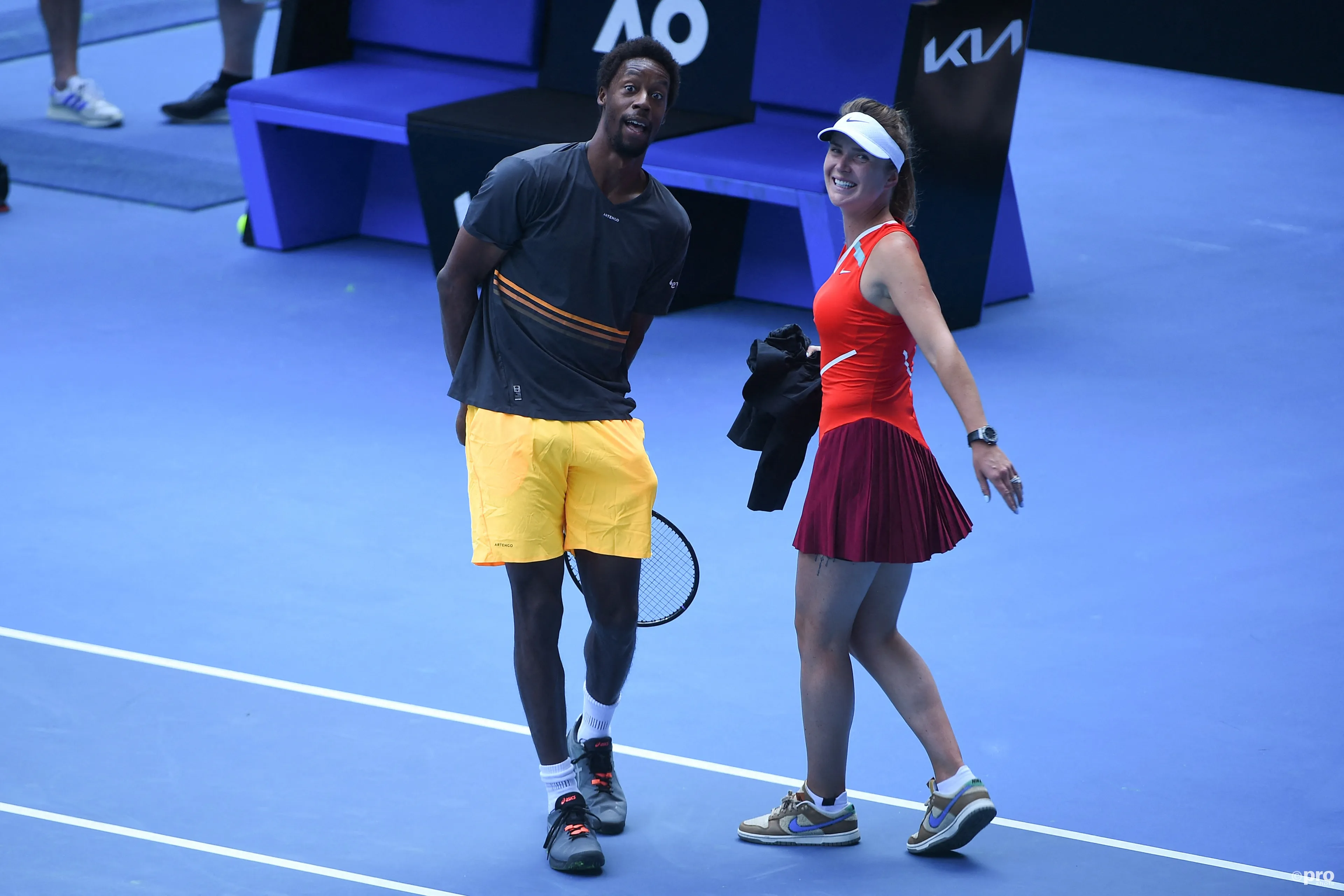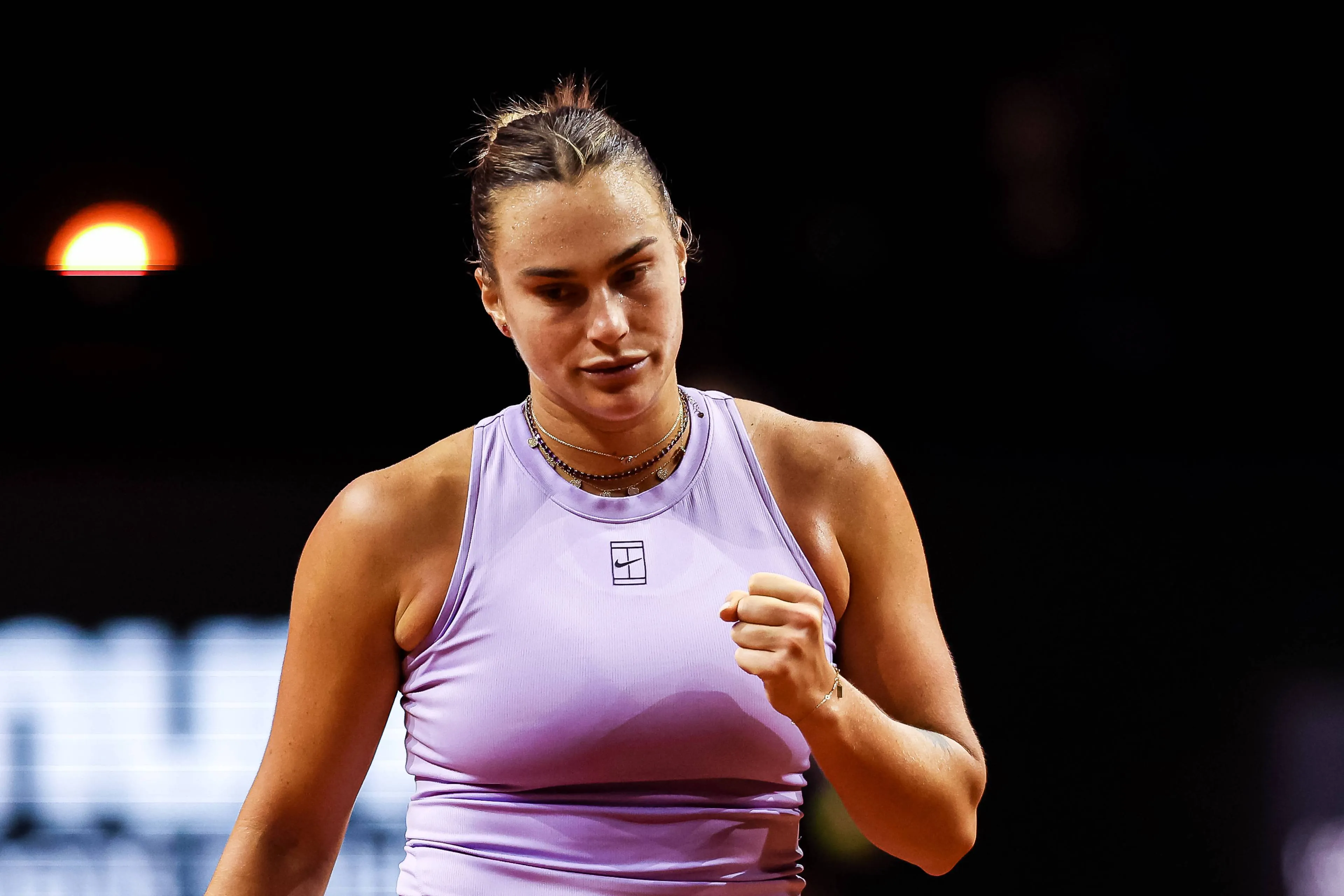“Other cases have taken more months and years”: Former world No. 4 questions Sinner and Swiatek doping cases timelines
Tennis NewsSaturday, 30 November 2024 at 22:00
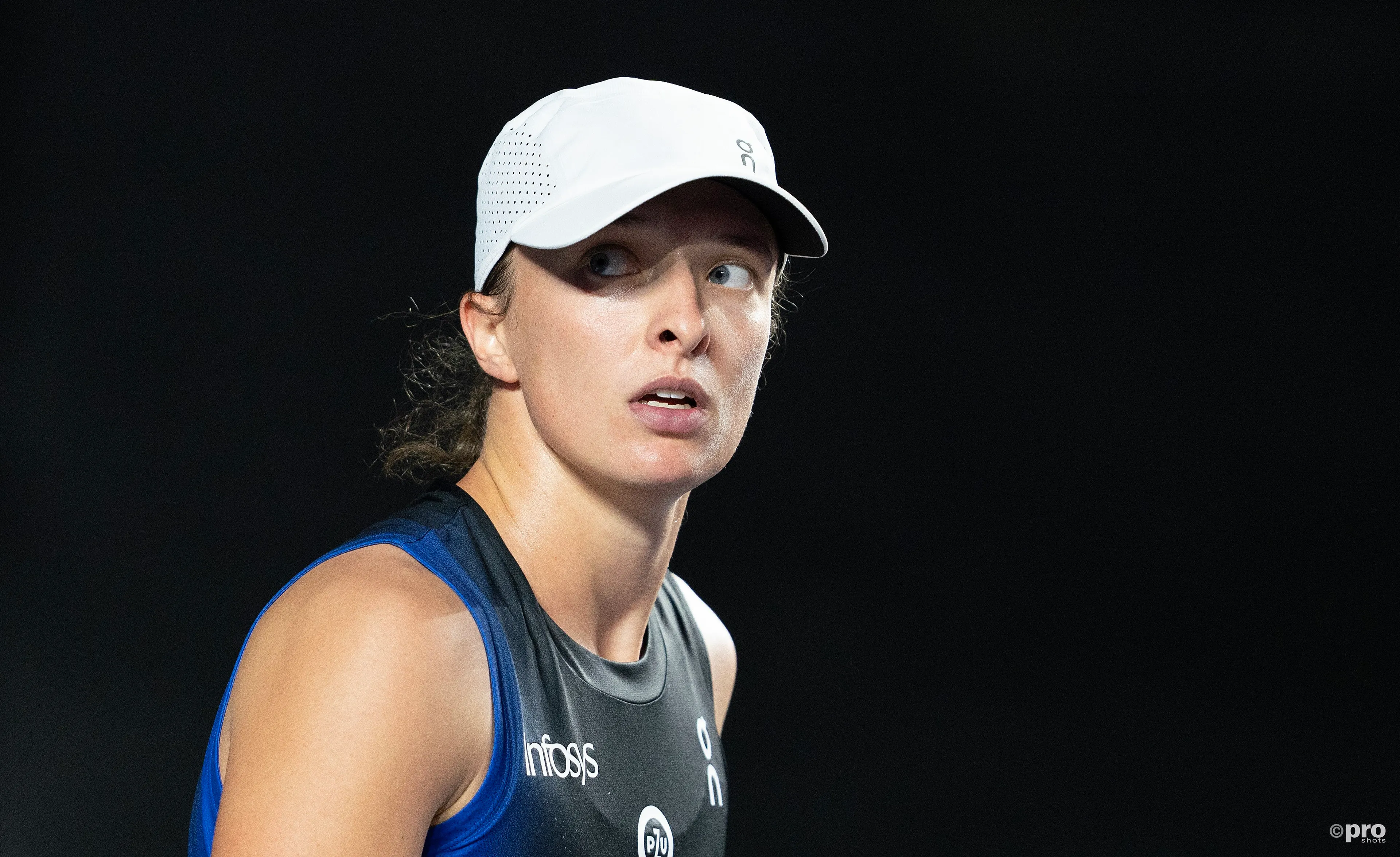
The recent
doping case involving Iga Swiatek, just months after a similar situation with
Jannik Sinner, continues to stir controversy in the tennis world. This time,
former World No. 4 Greg Rusedski voiced his concerns, pointing out that the
main issue is “how quickly” the tests were processed in both cases.
Two of
2024’s standout players were involved in these controversial cases. The Italian
secured his first two Grand Slam titles this year and achieved the World No. 1
ranking in a historic season, regarded as one of the best in men’s tennis
during the Open Era. Sinner faced no sanctions after it was determined that his
contamination with Clostebol was without fault or negligence on his part.
On the
other hand, Swiatek, who claimed her fifth major title at the French Open this
year, was found to bear partial responsibility for ingesting melatonin
contaminated with Trimetazidine, a substance banned by the ITIA. The World No.
2 received a one-month suspension, coinciding with the off-season, allowing her
to return without issue for the start of the 2025 season.
Read also
Rusedski questions speed of Sinner and Swiatek doping investigations
Former US
Open runner-up Greg Rusedski expressed his opinion on social media, responding
to a user who argued that the Sinner and Swiatek cases were not comparable.
However, the Brit suggested that both players received different treatment
compared to others.
"This
is all true, but I think the main issue is the speed of dealing with the
positive tests,” Rusedski wrote. “Other players have been in the same
situation, and it has not been dealt with in the same manner. As an athlete
under WADA, you are 100% liable no matter how you are contaminated.”
Read also
“The whole
Jannik Sinner case is interesting in how quickly it was dealt with compared to
other cases, which have taken many more months and years,” Rusedski posted.
“How is this accepted and resolved so quickly? The system needs to do better
for all players, not just the very best.”
In other
cases, provisional suspensions were enforced during the investigation, which
did not occur with Sinner or Swiatek. Players who faced suspensions later found
to be without fault include Simona Halep, Nicolas Jarry, Beatriz Haddad Maia,
and Dayana Yastremska. Other instances, such as Mikael Ymer and Jenson
Brooksby, involved suspensions for missed doping tests despite no positive
results.
This is all true, but I think the main issue is the speed of dealing with the positive tests. Other players have been in the same situation & it has not been dealt with in the same manner. As an athlete under WADA , you are 100% liable no matter how you are contaminated. https://t.co/bvhtBiXbKq
— Greg Rusedski (@GregRusedski1) November 29, 2024
claps 0visitors 0
Just In
Popular News
Latest Comments
- Keep avoiding anti-Social Media, do your best to ignore loser sports writer's questions, and just do your own thing.
 mandoist24-04-2025
mandoist24-04-2025 - Let's face it, Saba is not the sharpest tool in the tool shed. Her sarcasm / passive agressive nonsense has always been annoying. Granted, attempting humor in another language is tough but she truly sucks at it.
 mandoist24-04-2025
mandoist24-04-2025 - Well, that was ... all about nothing. Every excuse and future workout plan mentioned should have been dealt with a long time ago. R.I.P., Mark Petchey.
 mandoist22-04-2025
mandoist22-04-2025 - I hope Marion Bley is the Chair Ump for the Final. It would be Karma Served for Saba after her disrespectful 'performance' in the semi.
 mandoist21-04-2025
mandoist21-04-2025 - Coco needs to stop the Williams Hero Worship and play like 'Coco'.
 mandoist19-04-2025
mandoist19-04-2025 - Didn't expect issues between these two...SakkariFan2318-04-2025
- Send her a crate of deodorant DoveSakkariFan2318-04-2025
- Good to see, hopefully Sakkari can return to the form she deserves.SakkariFan2318-04-2025
- Shame no play on Friday but some line-up incoming..SakkariFan2318-04-2025
- Zverev's reaction lacked a bit of class this time around. He handled it better in Australia.MrAndreeva18-04-2025

